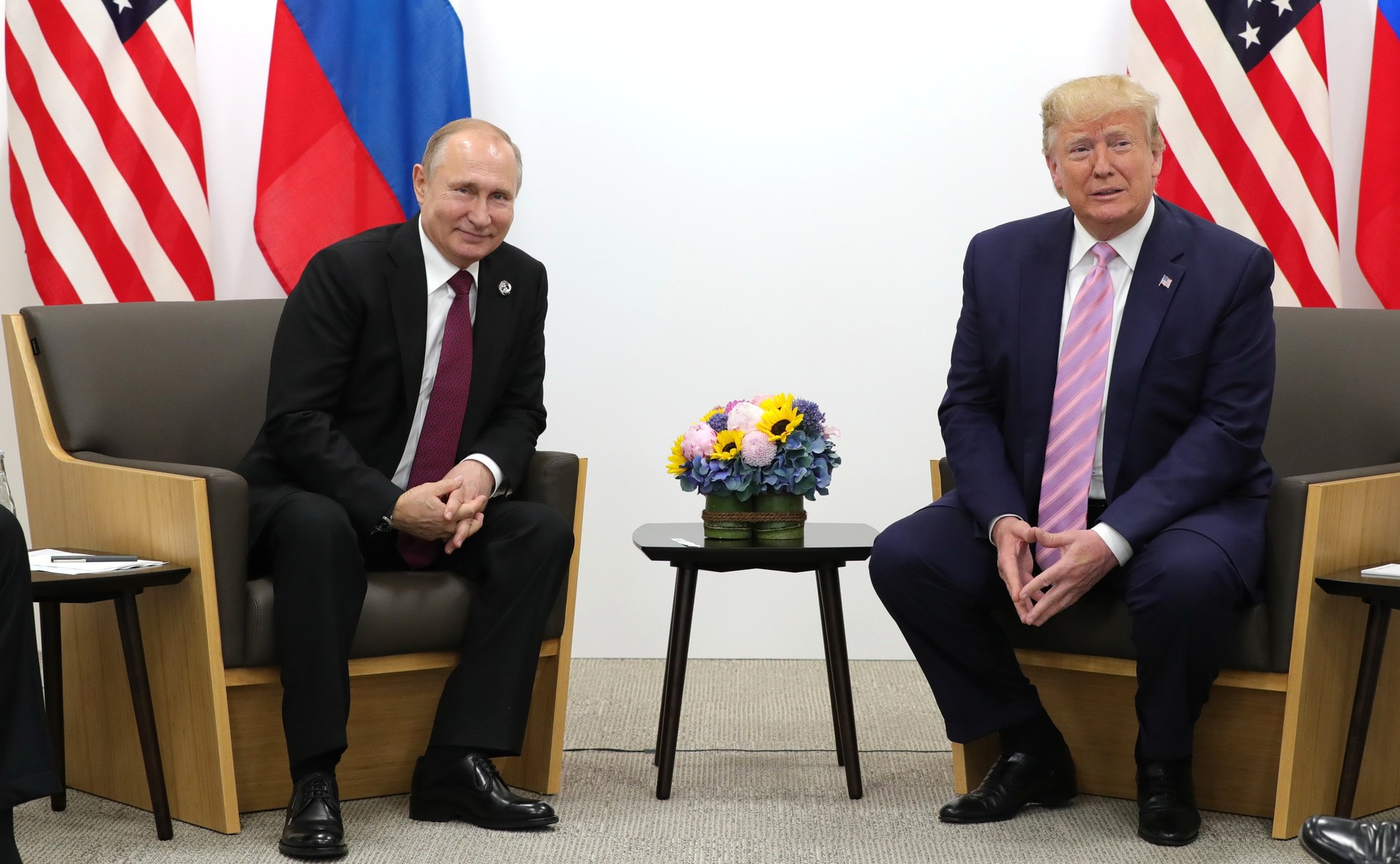KEY POINTS
- This is not the first time KuCoin was accused of operating without license
- In June, the OSC issued financial penalties to KuCoin for violating securities law
- In August, OSC said that KuCoin and its affiliates Phoenixfin Pte Ltd and MEK Global Limited are still on the unregistered list
Seychelles-based centralized cryptocurrency exchange platform KuCoin responded to the warning issued by the Dutch central bank, De Nederlandsche Bank (DNB), about the exchange allegedly “illegally offering services” in the Netherlands.
DNB warned its users on Thursday that “MEK Global Limited (MGL), doing business as ‘KuCoin,'” is “providing crypto services in the Netherlands without the required legal registration.”
The central bank also underlined that the exchange is “not in compliance with the Anti-Money Laundering and Anti-Terrorist Financing Act and is illegally offering services for the exchange between virtual and fiduciary currencies and it is illegally offering custodian wallets.”
KuCoin responded to this announcement last Friday and through its spokesperson, explained that the exchange is not a Dutch entity and does not have an office in the Netherlands.
“As a global exchange, KuCoin pays close attention to the latest regulations all around the world, we respect laws and regulations of other jurisdictions,” KuCoin’s spokesperson said in an email, adding that “however, KuCoin is not a Dutch entity and does not have an office in the Netherlands.”
DNB did not elaborate on what it would do if KuCoin chose to continue operating without a license although it asserts that customers of the exchange are not in violation of the law.
It however warned that those who use KuCoin may see an increased risk of “becoming involved in money laundering or terrorist financing.”
This is not the first time that DNB has issued a warning about an exchange operating in the region without the required permits and documents.
In August 2021, the central bank made similar allegations against Binance for allegedly violating the country’s AML/CFT regulations.
Binance paid over 3 million euros in administrative fines for the violations with its CEO Changpeng Zhao noting at the time that the company needs to “apply for licenses and it’s very important for us to communicate with the regulators’ request for regular meetings where we proactively update them on what we do.”
Aside from DNB, the Ontario Securities Commission (OSC), the regulatory agency that manages and enforces securities legislation in the Canadian province of Ontario, issued an advisory in August about KuCoin.
According to the regulator, KuCoin and its affiliates Phoenixfin Pte Ltd and MEK Global Limited are on the unregistered list of the OSC.
“We issue investor warnings and alerts about possible harmful or illegal activity in progress, and maintain a warning list of companies or individuals performing activities that may pose a risk to investors,” the regulatory body said in an August advisory.
The OSC issued financial penalties to KuCoin on June 22, for violating securities law.
“The OSC successfully obtained orders permanently banning KuCoin from participating in Ontario’s capital markets and requiring KuCoin to pay an administrative penalty of CAD 2,000,000 (approximately $1.5M) and a further $96,550.35 (approximately $74,000) towards the costs of the OSC’s investigation,” the announcement in June read.
KuCoin







